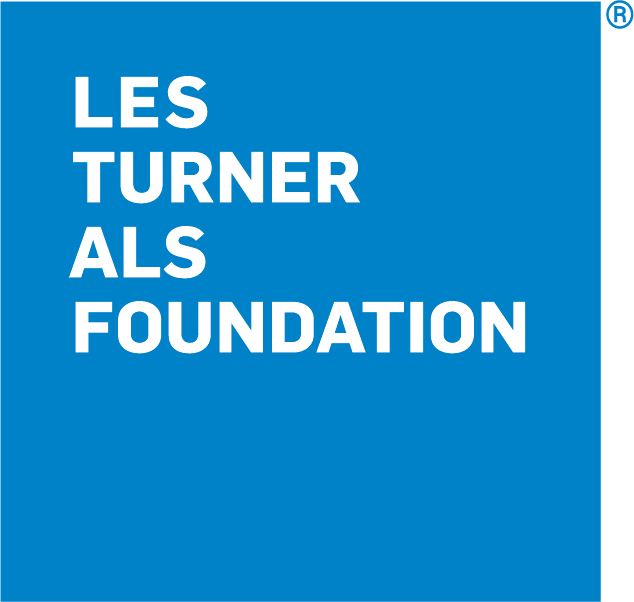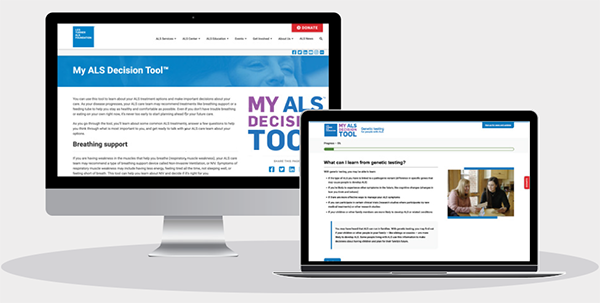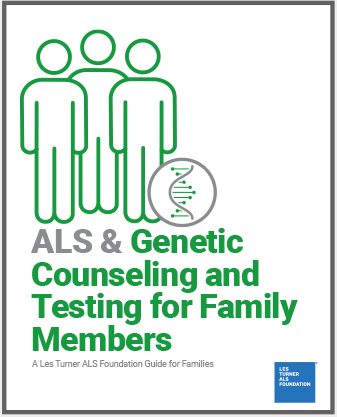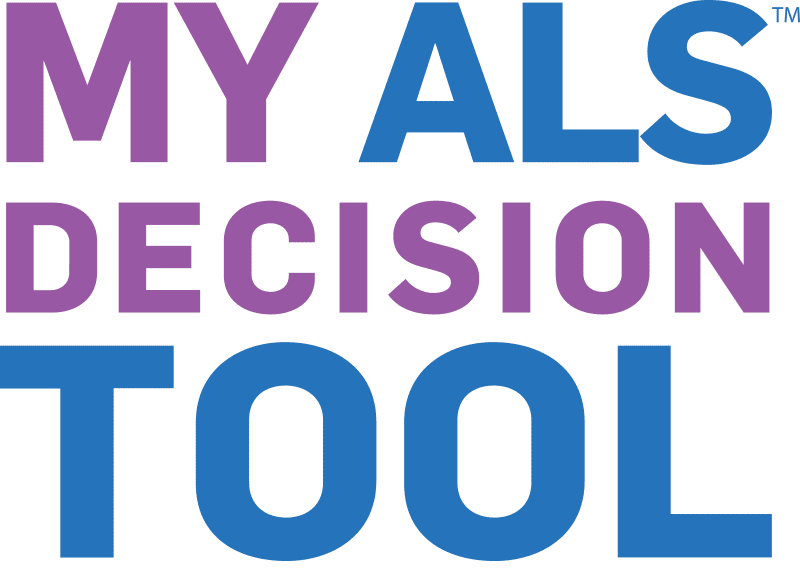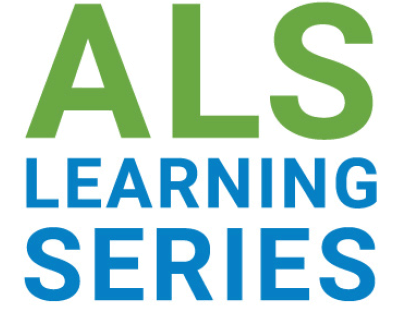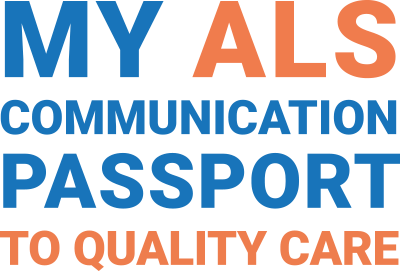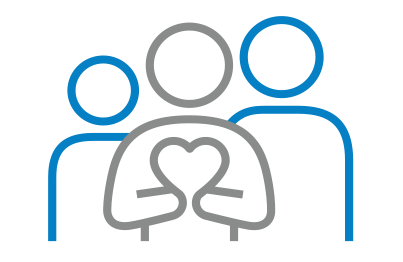ALS & Genetics
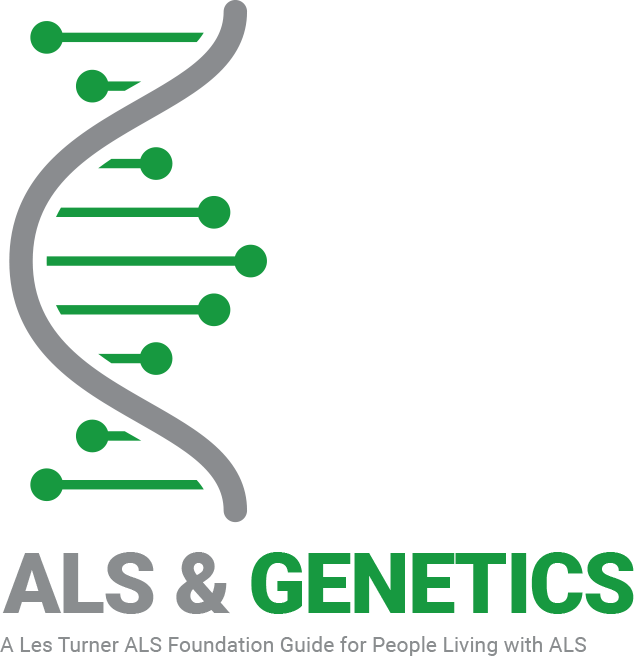
What is a genetic counselor?
A genetic counselor is a health care provider who specializes in genes and how they affect our health. They are here to help you before, during, and after the genetic testing process. Your doctor and/or genetic counselor will provide you with the education and support you need to make an informed decision about genetic testing. If you choose to undergo genetic testing, your doctor or counselor will help you understand the implications and determine next steps.
To schedule an appointment with a genetic counselor at Northwestern Medicine, please call 312.695.7950.
If you are looking to find a genetic counselor in your area, talk to your ALS Care Team or contact The National Society of Genetic Counselors (aboutgeneticcounselors.com).
The My ALS Decision Tool™, a first-of-its-kind in the US, online, interactive guide, can walk you through the genetic testing process, the benefits and downsides of genetic testing, and help you make an informed decision. The next time you meet with your ALS care team you can provide them with your decision and ask about next steps.
Evidence-Based Consensus Guidelines on Genetic Counseling and Testing in ALS
To learn more watch Jennifer Roggenbuck, MS, CGC, from The Ohio State University, Wexner Medical Center, discuss new evidence-based, consensus guidelines for genetic counseling and testing in ALS.
How does genetic testing work?
If you choose to get genetic testing, you’ll meet with a doctor or a genetic counselor (a health care provider who specializes in genes and how they affect our health). After you discuss the possible pros and cons of genetic testing with your doctor or genetic counselor, they’ll order the tests you need.
Here’s how the genetic testing process works:

Step 1

Step 2

Step 3
What are the results of genetic testing?

Positive result

Negative result

Uncertain result
What can I learn from genetic testing?

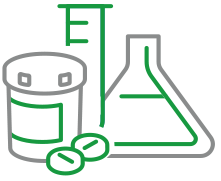


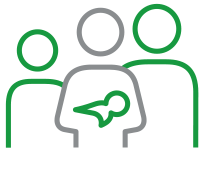
SOD1
TARDBP
FUS
C9ORF72

How much does genetic testing cost?
Emotions associated with genetic testing
The genetic testing process may be overwhelming or confusing at times. You may feel anxious as you wait for your results. Learning about your results may bring up difficult emotions for you and your loved ones, too.
For example, you might feel shocked or relieved to get answers about the cause of your ALS. Or, if you don’t get the information you were hoping to learn, you might feel sad or frustrated. If you choose to share genetic testing results with your family members, they may have strong feelings about your results and their own risk of developing ALS. Some people may choose not to get genetic testing for these or other reasons.

Tips for sharing your genetic testing results with family
The genetic testing process can be overwhelming or confusing at times. You may feel anxious as you wait for your results. Learning about your results may bring up difficult emotions for you and your loves, too.
When sharing genetic testing results with your family members, they may have strong feelings about your results and their own risk of developing ALS.

Remember, you get to choose:
Whether to have genetic testing
What do to with the information you learn form genetic testing
Who to share your results with





To learn more about genetic counseling and predictive genetic testing for people at risk of developing ALS and other conditions, watch this webinar from our ALS Learning Series by Laynie Dratch, MsC, CGC, genetic counselor at the Penn ALS and FTD clinics.
Additional resources
For more in-depth information on ALS and genetics, check out these resource guides from the International Alliance of ALS/MND Associations: www.als-mnd.org/support-for-pals-cals/clinical-care/genetic-counselling-and-testing/
The ALS Trial Navigator (ALS.net/ALS-Trial-Navigator) is a comprehensive resource that guides people living with ALS as they learn more about finding and participating in clinical trials for ALS. After answering a few questions, you can learn about research opportunities, set personal priorities, and find trials that meet your criteria. The Navigator also has an interactive map to help you find trials in your area.
Learn more
My ALS Decision Tool™
ALS Learning Series
My ALS Communication Passport to Quality Care
Support Groups
Sign up for News and Updates
